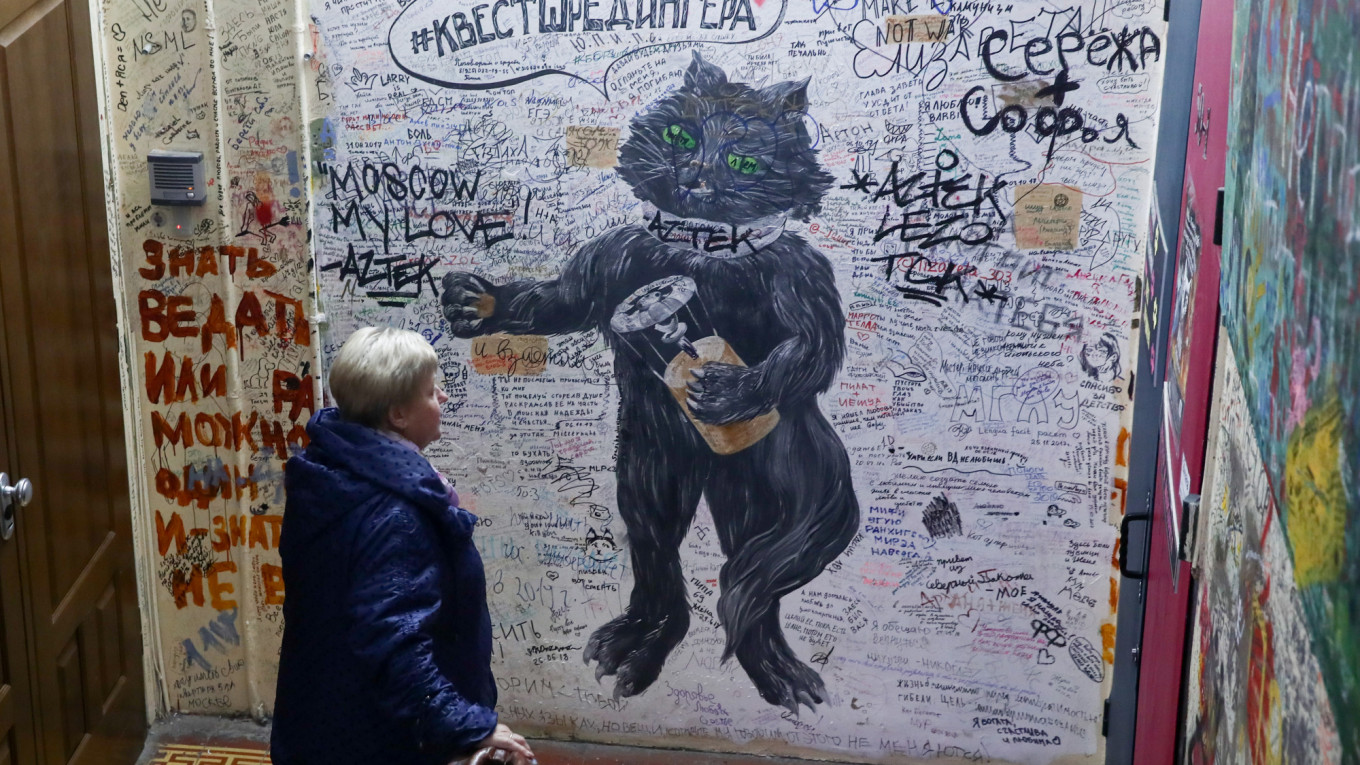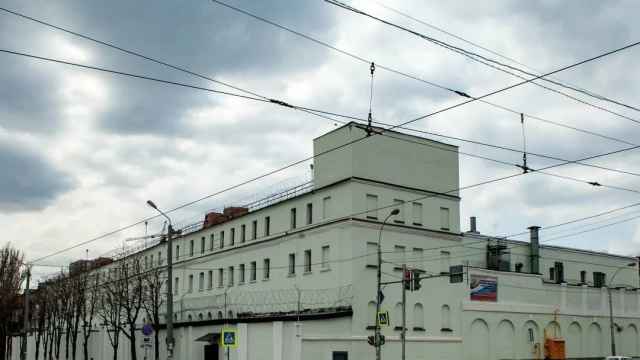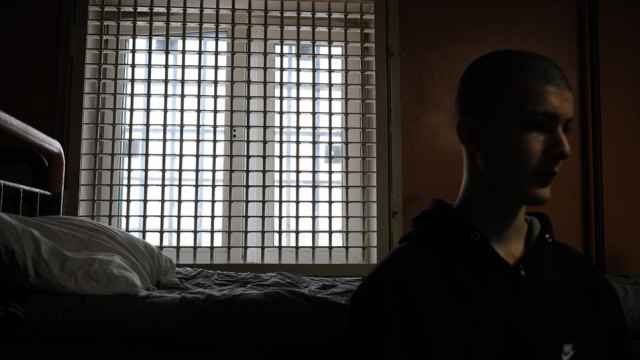“The Master and Margarita,” Mikhail Bulgakov’s classic Soviet tale of when the Devil went down to Moscow, has been ranked the most popular book among Russian prisoners, the state-run TASS news agency reported Thursday.
Fyodor Dostoyevsky’s “Crime and Punishment” ranked second, followed by “The Count of Monte Cristo” by Alexandre Dumas in third, TASS cited the country’s prison service as saying.
Russia’s Federal Penitentiary Service (FSIN) collected data on the most popular books among its inmates as a part of a nationwide campaign called “Books Are Your Friends.”
The top-10 ranking was rounded out by Leo Tolstoy’s “War and Peace,” Dumas’ “The Three Musketeers,” Dostoevsky’s “The Brothers Karamazov,” Victor Hugo’s “Les Miserables,” Mikhail Sholokhov’s “And Quiet Flows the Don” and Leo Tolstoy’s “Anna Karenina” and “Resurrection.”
Other popular authors among prisoners include Nikolai Gogol, Alexander Solzhenitsyn, Theodore Dreiser, Erich Maria Remarque, Boris Akunin, Guzel Yakhina and Daria Dontsova.
The FSIN said that prisoners’ taste in literature is diverse but they mainly read fiction, religious books and legal literature.
“In men’s correctional facilities, convicts prefer historical books, adventures, detective stories and fiction. In women's prisons, the most popular genre is romance novels; in educational colonies, adventure literature is most popular," TASS quoted an FSIN spokesperson as saying.
The FSIN said there are 1,137 libraries in its prisons and detention centers across the country. These libraries have 5 million books in total or about 100 books per inmate, with a wide variety of titles and genres on hand as well as books and magazines in Braille for the visually impaired.
A Message from The Moscow Times:
Dear readers,
We are facing unprecedented challenges. Russia's Prosecutor General's Office has designated The Moscow Times as an "undesirable" organization, criminalizing our work and putting our staff at risk of prosecution. This follows our earlier unjust labeling as a "foreign agent."
These actions are direct attempts to silence independent journalism in Russia. The authorities claim our work "discredits the decisions of the Russian leadership." We see things differently: we strive to provide accurate, unbiased reporting on Russia.
We, the journalists of The Moscow Times, refuse to be silenced. But to continue our work, we need your help.
Your support, no matter how small, makes a world of difference. If you can, please support us monthly starting from just $2. It's quick to set up, and every contribution makes a significant impact.
By supporting The Moscow Times, you're defending open, independent journalism in the face of repression. Thank you for standing with us.
Remind me later.






